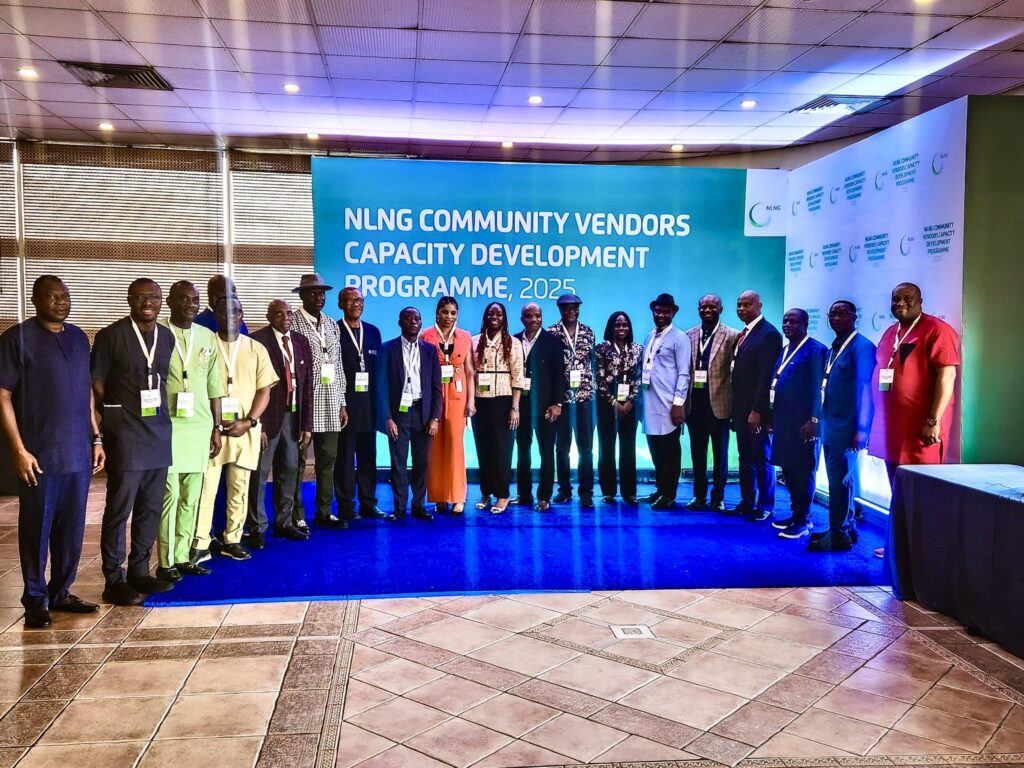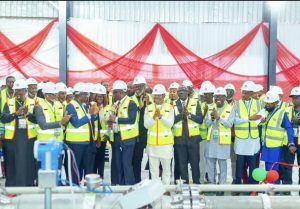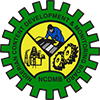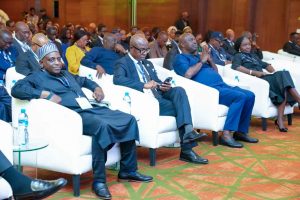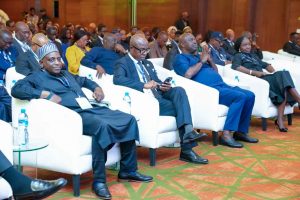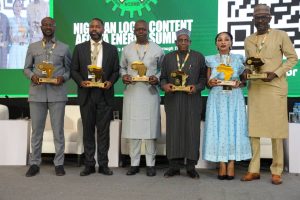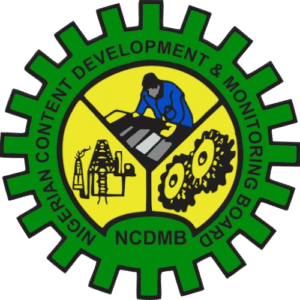Poised for a 70 per cent mark in Nigerian Content in the oil and gas industry by 2027, the Nigerian Content Development and Monitoring Board (NCDMB) on Monday teamed up with Nigeria’s leading global brand in gas liquefaction, Nigeria Liquefied Natural Gas (NLNG) Limited, to broaden the scope for participation of community vendors in the industry value chain.
At a workshop themed “NLNG Community Vendors Capacity Development Programme,” attended by no fewer than 90 contractors drawn from oil- and gas-producing communities, the full gamut of industry operations in the upstream, midstream and downstream as well as opportunities was spotlighted by key personnel from the NCDMB and NLNG.
In the lead presentation by the Manager, Project Certification and Authorization Directorate (PICAD) of the NCDMB, Mr. Elvis Ogede, the community vendors were educated on opportunities such as non-hazardous waste management, sewage evacuation and treatment facilities, office and site cleaning services, provision of unskilled and semi-skilled labour, trenching and minor civil, electrical and mechanical works, procurement works – consumables, office equipment, etc. – and site preparation.
Mr. Ogebe, who represented the Director of PICAD, Engr. Abayomi Bamidele, equally informed the contractors about enablers provided by the Project Certification and Authorization Directorate as part of NCDMB initiatives to eliminate difficulties and encumbrances. The enablers include waivers by way of identifying barriers faced by community vendors and providing exemptions where appropriate, and first consideration for community contractors in every Nigerian Content Plan negotiations.
Others highlighted in his paper entitled “Opportunities and Enablers for Community Vendors in Contracting” include prompt approval of community-fenced contracting strategies and providing community content in all pre-award document reviews.
In another presentation entitled “Nigerian Oil and Gas Industry Content Joint Qualification System,” NCDMB’s Deputy Manager, NOGIC JQS, Mr. Babarinde Victor Olumuyiwa, highlighted key features and procedures for registration on the platform as well as associated benefits, underlining the need for its effective use by community contractors to enhance their understanding and participation in industry operations.
Describing the NOGIC JQS as “the sole system for Nigerian Content registration and pre-qualification of contractors in the industry,” he said the user communities consist of operator companies, that is, oil and gas companies engaged in exploration and production of crude oil, service companies, NCDMB Management, and individuals. Key features include marine vessel categorisation and certificate of registration.
The platform, according to him, fosters institutional collaboration between the Board and industry stakeholders, serves as a resource for engaging skilled workforce and a means to training opportunities, while providing the additional benefit of reduced travel and turnaround time.
Mr. Olumuyiwa disclosed that over 400,000 individuals, 13,565 service companies and 132 operators have registered on the NOGIC JQS, which was created by the NCDMB and is regularly updated by the Board with vital information on industry trends.
From the Finance and Personnel Management Division of the NCDMB was a presentation on “Financing Opportunities for Development.” The Director of the Division, Mr. Ifeanyi Ukoha, represented by Mr. Erepa Turner, of the same Division, said a community contractors financing scheme is in place to facilitate access to funding by such industry stakeholders. He also drew attention to the “Women in Oil and Gas Funding Scheme.”
In a presentation on capacity building by the Manager, Directorate of Capacity Building (DCB) of the NCDMB, Engr. Dokubo Obongo, community vendors were enlightened on how the Board assists Nigerian companies to develop their capabilities and capacities to further the attainment of the goal of enhanced Nigerian Content in the oil and gas industry.
The Board carries out that function by organising capacity building conferences, seminars and training road shows and also provides guidelines, definitions and processes to further the growth of indigenous companies.
The oil and gas value chain, as highlighted in the presentation, includes exploration, drilling, well completion, pipeline/umbilicals, process facilities, storage facilities, export, reception facilities, refining, storage, distribution, gas station/other uses.
According to Engr. Obongo, the Board’s human capacity development (HCD) programme aims to develop competent workforce for the oil and gas industry, achieve 60% employability for beneficiaries of training, grow and sustain world-class training facilities, and “maximize domiciliation of training spends in the Nigerian oil and gas industry and linkage sectors.”
Achievements recorded in Nigerian Content thus far include over 16 million training man-hours (with over 7,000 trainees), 40% of marine vessels, 250,000 metric tonnes of fabrication capacity, US$350 million funding to indigenous oil and gas companies, pipe coating, and in-country integration of Floating Production Storage and Offloading (FPSO) vessel.
The NLNG Community Vendors Capacity Development workshop also created an opportunity for community vendors to learn about NCDMB’s Community Content Guideline, which seeks to fulfil a key performance indicator of the Petroleum Industry Road Map launched by the Federal Government on October 27, 2016. That indicator is to “Deploy 30% of business opportunities from operating companies to communities.”
In a presentation by the Manager, Projects and Zonal Coordination, Mr. Joseph Adebayo, entitled “Community Content Guideline,” the contractors were educated on the Nigerian Oil and Gas Industry Content Development (NOGICD) Act, 2010, whose key thrusts include integration of oil- and gas-producing communities into the oil and gas value chain, maximising the participation of Nigerians in oil and gas activities, and maximising the utilisation of Nigerian resources, that is, manpower, goods, services and assets.
He said indigenous companies are required to conduct periodic needs assessments to determine unique needs of communities in human capacity development (training and trades), infrastructure, social amenities, etc., “adopt a community content strategy to optimise deployment of resources, address possible duplications…challenges, etc. and maintain contact with development partners,” bringing to the fore the development needs of host communities.
Indigenous companies, according to Mr. Adebayo, are also to “identify host community entrepreneurs that need to be supported by the Host Community Intervention Fund.”
Earlier in a welcome address, the Nigerian Content Development Manager of the NLNG, Engr. Buowari Dagogo, represented by Mr. Emmanuel Uleh, also of same department, commended the NCDMB for its support and unflagging commitment to growth of local content in Nigeria. He said the four-day capacity development programme is part of the company’s “commitment in building a very strong and mutually beneficial partnership” with its community vendors.
According to him, NLNG wants community vendors to be able to stand shoulder-to-shoulder with Category A vendors [oil and gas industry contractors handling big projects], and that the programme would ensure that the vendors are on the same page as the NLNG in the oil and gas industry.
Discover more from Nigerian Content Development & Monitoring Board
Subscribe to get the latest posts sent to your email.
